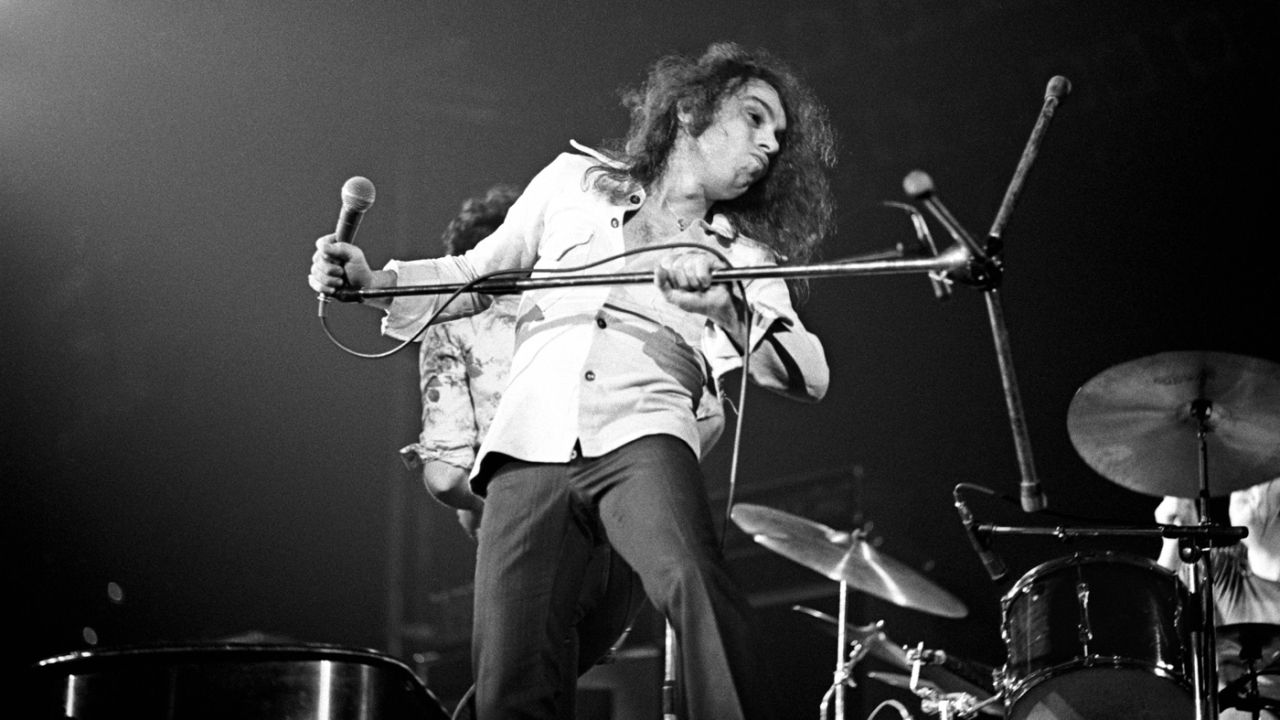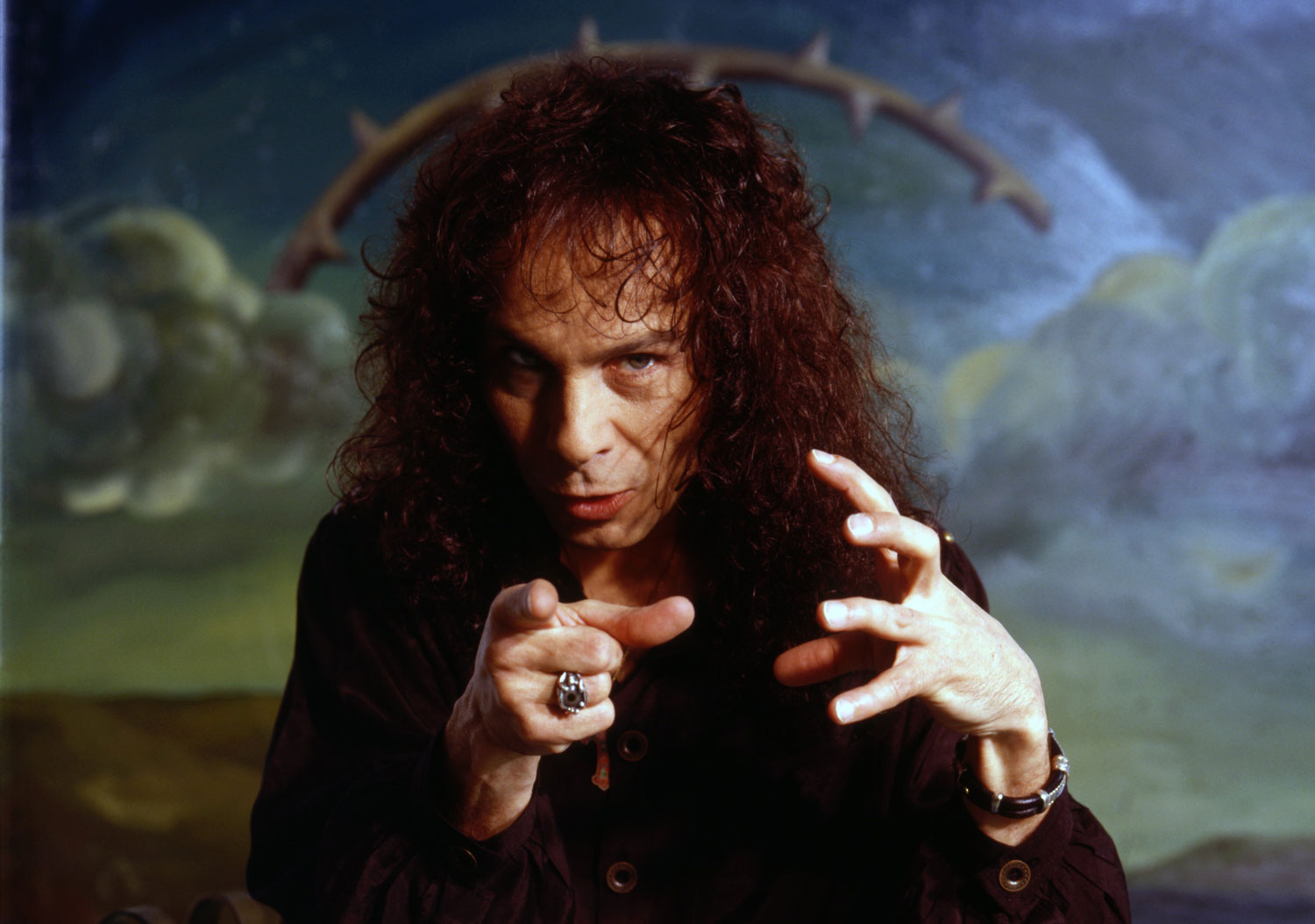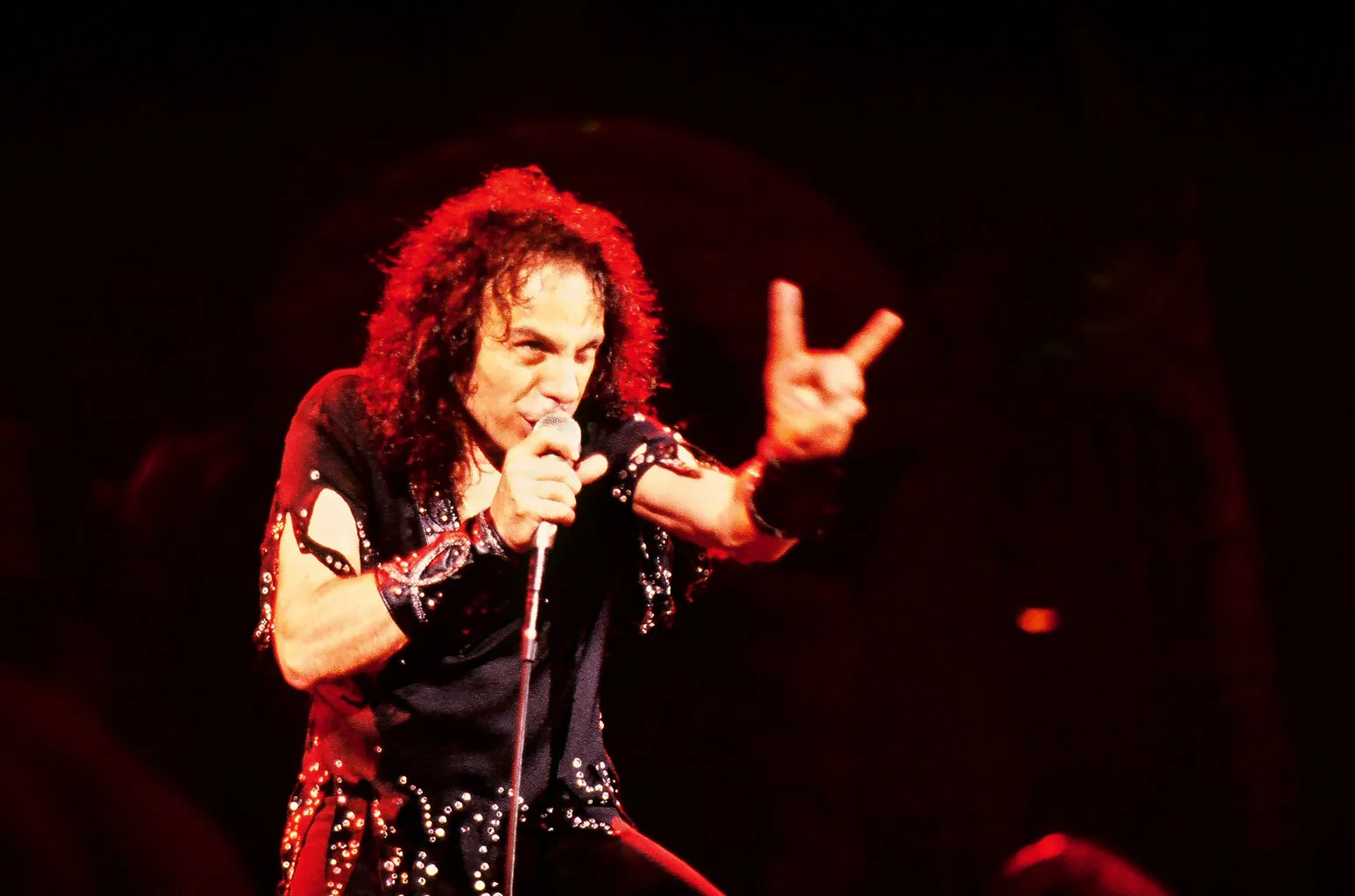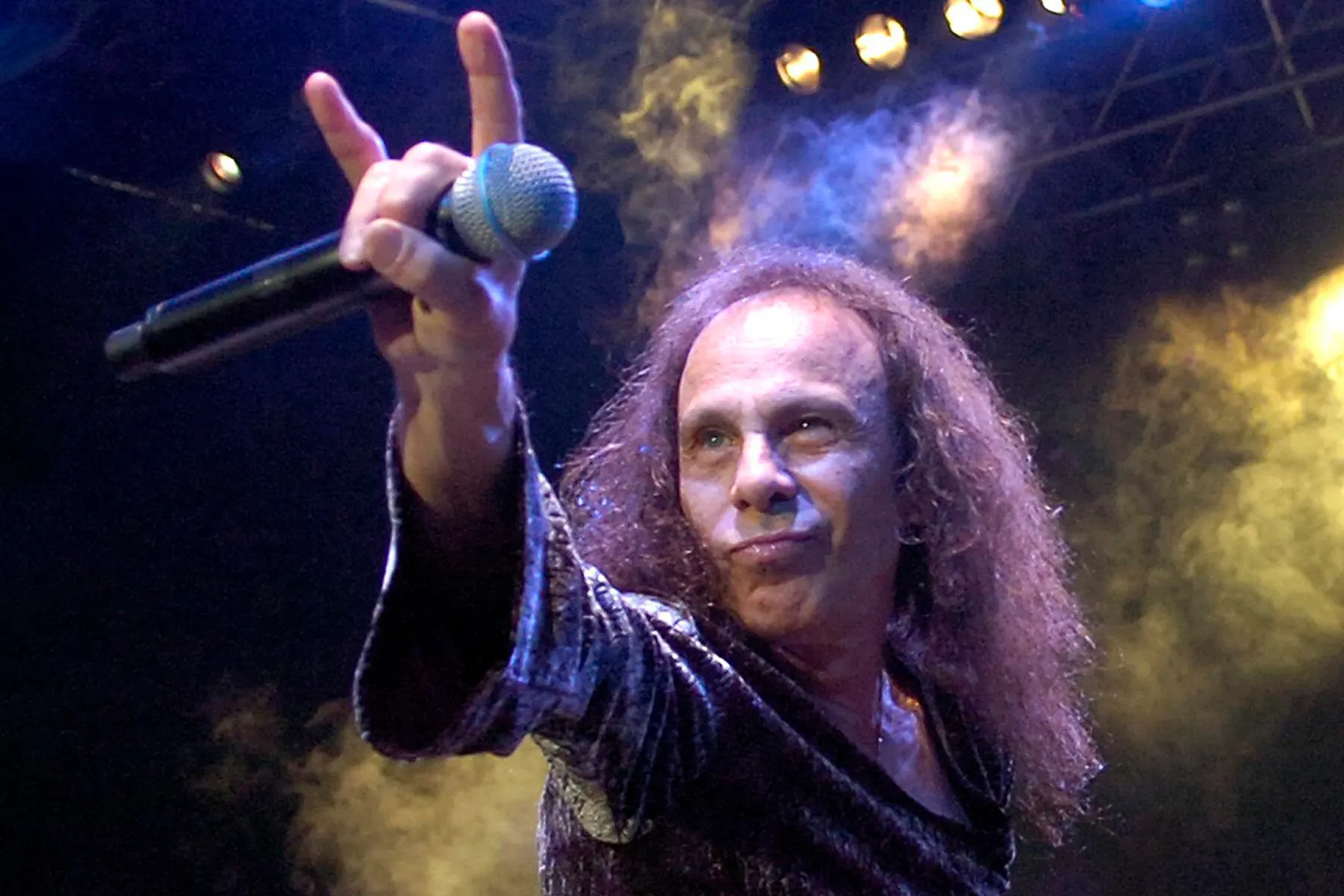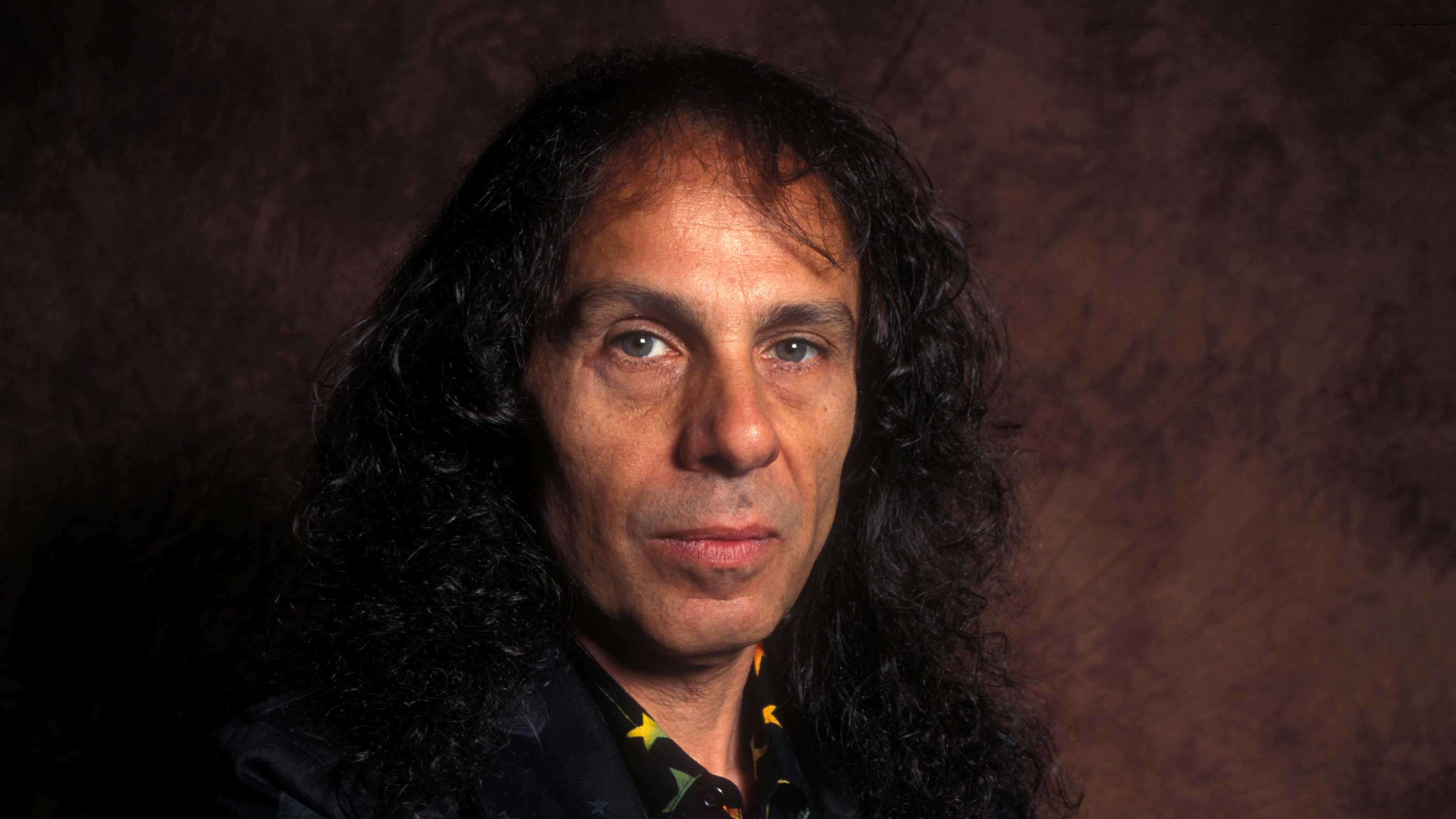
Ronnie James Dio’s Legacy: Rainbow to Heaven & Hell
When the discussion turns to the titans of rock music, one name resonates with the unmistakable power of a thunderstorm: Ronnie James Dio. With a career that spans several decades, Dio is not only famed for his incredible vocal talent but also for redefining heavy metal itself. From his formative days with Rainbow to the resounding triumph of Heaven and Hell, Dio's evolution is a captivating saga filled with artistry, dedication, and an enduring influence that continues to inspire millions today.
Early Days: The Making of a Legend
Ronald James Padavona was born in 1942 in Portsmouth, New Hampshire. However, his roots trace back to Cortland, New York, where he grew up in a musical family. Dio's early interest in music was evident, and he began playing the trumpet at a young age before quickly transitioning to the guitar and finally finding his calling as a vocalist. Influenced by a diverse range of genres—from the doo-wop sounds of the 1950s to the burgeoning rock and roll scene—Dio developed a unique musical identity that would serve as the foundation for his illustrious career.
In the late 1950s, Dio formed his first band, The Vegas Kings, where he honed his skills and started to develop his powerful vocal style. This was just the beginning of a long journey through various musical endeavors, including The Elves and subsequently, Elf. Dio's experience in these early bands polished his performance skills and enabled him to experiment with different musical styles, laying the groundwork for his future projects.
Rainbow: The Rise of a New Star
In 1975, Dio's life took a significant turn when he joined forces with renowned guitarist Ritchie Blackmore to form Rainbow. The band's debut album, "Ritchie Blackmore's Rainbow," was released the same year and featured the iconic song "Man on the Silver Mountain," which became an anthem that showcased Dio's remarkable vocal abilities and stage presence. This marked the beginning of a prolific partnership that would produce some of the most cherished tracks in rock history.
The subsequent album, "Rising," released in 1976, signaled the band's ascendancy in the world of hard rock and heavy metal. Tracks like "Starstruck" and the monumental "Catch the Rainbow" not only solidified Dio's position as a frontman but also showcased his lyrical depth. Dio's lyrics often drew on fantastical and mythical themes, which added a layer of sophistication and intrigue to the band’s music. The chemistry between Dio and Blackmore was electric, and together, they shaped a sound that was a blend of hard rock, progressive elements, and theatricality.
Transitioning to Black Sabbath: A New Chapter in Metal History
As the 1970s came to a close, Dio faced a pivotal moment in his career. After the departure of Ozzy Osbourne from Black Sabbath, the band was looking for a new frontman. Dio, recognized for his powerful voice and innovative songwriting, was the perfect fit. In 1980, Dio stepped into the legendary band, and the heavy metal landscape was changed forever.
Their first collaboration, "Heaven and Hell," was released in 1980 and marked a new era for Black Sabbath. The album received critical acclaim and introduced a new generation of fans to the band's music. Songs like "Neon Knights" and the title track "Heaven and Hell" showcased Dio's incredible vocal range and unique songwriting style, effectively reinvigorating the band's sound. Many fans and critics consider this album one of the greatest heavy metal records of all time, thanks to Dio's remarkable influence and Black Sabbath's steadfast musical integrity.
The Significance of Heaven and Hell
With the success of "Heaven and Hell," the collaboration between Dio and Black Sabbath flourished. The follow-up album, "Mob Rules," released in 1981, continued the creative momentum. Tracks like "The Sign of the Southern Cross" and "Voodoo" further established Dio as a master of heavy metal storytelling, blending the fantastic with the existential in ways that resonated deeply with listeners.
Dio's approach to lyrics was part of what set him apart from his predecessors. He often explored themes of personal struggle, fantasy, and mythology, weaving tales that reflected both personal experiences and universal truths. This made his music not just enjoyable but also profoundly relatable. His contributions to Black Sabbath, particularly during this period, helped to usher in a new wave of heavy metal, combining powerful guitar riffs with operatic vocal delivery and intricate songwriting.
The Solo Career: Establishing Dio's Identity
After leaving Black Sabbath in the early 1980s, Dio launched into a flourishing solo career. In 1982, he formed his own band, simply named Dio, and released the groundbreaking album, "Holy Diver." This album became an instant classic and featured some of Dio's most enduring tracks, including "Rainbow in the Dark" and "Holy Diver." Dio’s unique blend of heavy metal with melodious hooks captivated fans and solidified his reputation as a major force in the genre.
"Holy Diver" is often described as a sonic journey, with Dio's rich storytelling and theatrical flair shining through every note. The album's success was a reflection of not only Dio's vocal talent but also his ability to connect with listeners through themes of struggle, identity, and transcendence. This was an artist at the top of his game, crafting songs that have stood the test of time and continue to inspire musicians and fans alike.
The 80s and 90s: Crafting an Unmistakable Sound
The 1980s and 1990s saw Dio produce a series of successful albums, including "The Last in Line" (1984) and "Sacred Heart" (1985). Each album built on the success of its predecessor and demonstrated Dio's knack for songwriting, blending melodic elements with heavy metal's raw power. The title track from "The Last in Line" became a staple in Dio’s live performances, showcasing his ability to energize crowds and bring them together through music.
Dio's music from this period was characterized by grand, operatic vocals, intricate guitar work, and vivid storytelling. Songs often featured memorable choruses that fans could sing along to, creating anthems that resonated with metal lovers. "Sacred Heart" added to his legacy with tracks such as "King of Rock and Roll," further demonstrating his capacity to merge heavy themes with catchy melodies.
Mid-Career and Beyond: Beyond Expectations
Despite the ever-evolving music scene, Dio maintained relevance. His partnership with guitarist Vivian Campbell provided a creative spark that led to some of his most memorable work. However, in the late 1990s, Dio faced personal and professional challenges due to lineup changes and shifts in the music landscape. Yet, like a phoenix, he rebuilt his band and continued to create powerful music.
In 1993, he released "Strange Highways," which took a darker, more introspective tone. This album reflected a mature artist grappling with both personal challenges and the changing world around him. The powerful title track is a testament to Dio's ability to evolve while maintaining his core sound. The subsequent release, "Angry Machines," further showcased his willingness to experiment, blending heavier sounds while remaining true to his roots.
Giving Back: The Hear 'n Aid Project
In 1985, Dio was a driving force behind the "Hear 'n Aid" project, a collaborative effort among rock artists to raise funds for famine relief in Africa. This initiative highlighted the selfless side of Dio's persona—his desire to use music as a means of bringing about positive change. The project culminated in the release of the single "Stars," which featured a wide array of rock luminaries coming together for a noble cause. Dio’s vision and leadership in this project added yet another layer to his legacy, demonstrating that he was not just an artist but also a compassionate human being committed to making a difference.
A Resilient Spirit: Dio's Later Years
As the 2000s dawned, Dio returned to the spotlight with renewed vigor. His albums "Killing the Dragon" (2002) and "Master of the Moon" (2004) received critical acclaim and showcased his timeless vocal prowess. Even after decades in the industry, his voice remained powerful and resilient, drawing in both old fans and new listeners. During this period, Dio toured extensively, captivating audiences with his dynamic stage presence and incredible energy.
In the midst of this resurgence, Dio faced a personal battle with stomach cancer. Despite his diagnosis, he remained positive and continued to perform whenever possible, embodying the spirit of a true rock warrior. His battle was a testament to his strength and resilience, inspiring fans worldwide to cherish their own battles and continue to fight for what they love.
Tragic Goodbye: The Legacy of Ronnie James Dio
In May 2010, the music world was rocked by the news of Ronnie James Dio's passing after a courageous battle with cancer. Fans, musicians, and celebrities alike came together to celebrate his life and artistry. Dio’s death left an irreplaceable void in the music industry, but his influence continues to reverberate through time.
Tributes poured in globally, with numerous artists expressing their admiration and gratitude for the musical legacy he left behind. His passing was not just a loss for heavy metal but for the music community as a whole. Dio's impact transcended genres, reminding people of the power of music and the ability to connect through art.
Celebrating an Enduring Legacy
Today, Ronnie James Dio is celebrated as a pioneer of heavy metal, a genre that he helped shape with his exceptional talent and innovative approach to storytelling. His influence can be seen across multiple generations of musicians who cite him as an inspiration. Artistic gestures like "the devil horns" became emblematic of rock and roll culture, further solidifying his legacy.
In addition, the Ronnie James Dio Stand Up and Shout Cancer Fund, established in his honor, aims to raise funds for cancer research and awareness. This initiative reflects his desire to continue making a difference in the world, even after his passing. Through these efforts, fans can keep his spirit alive, extending his legacy of compassion and the transformative power of music.
Conclusion: A Legacy That Lives On
Ronnie James Dio was so much more than a singer; he was a visionary and a pioneer who pushed the boundaries of heavy metal music. His journey from the early days in Rainbow to the iconic status he achieved with Black Sabbath and his solo career is a tale of passion, resilience, and artistry.
As we reflect on the evolution of Ronnie James Dio's musical legacy, it is clear that his impact will touch the hearts of future generations. His songs serve as a reminder of the power of music to inspire, uplift, and unite people from all walks of life. So, the next time you find yourself singing along to a Dio classic, remember—you're not just listening to music; you're part of a legacy that will echo throughout time, a testament to the indomitable spirit of Ronnie James Dio.
From the ethereal melodies of Rainbow to the thunderous anthems of Heaven and Hell, Dio's music will continue to resonate, a reminder that true artistry knows no bounds and that the love for rock and metal will always find a way to thrive.


